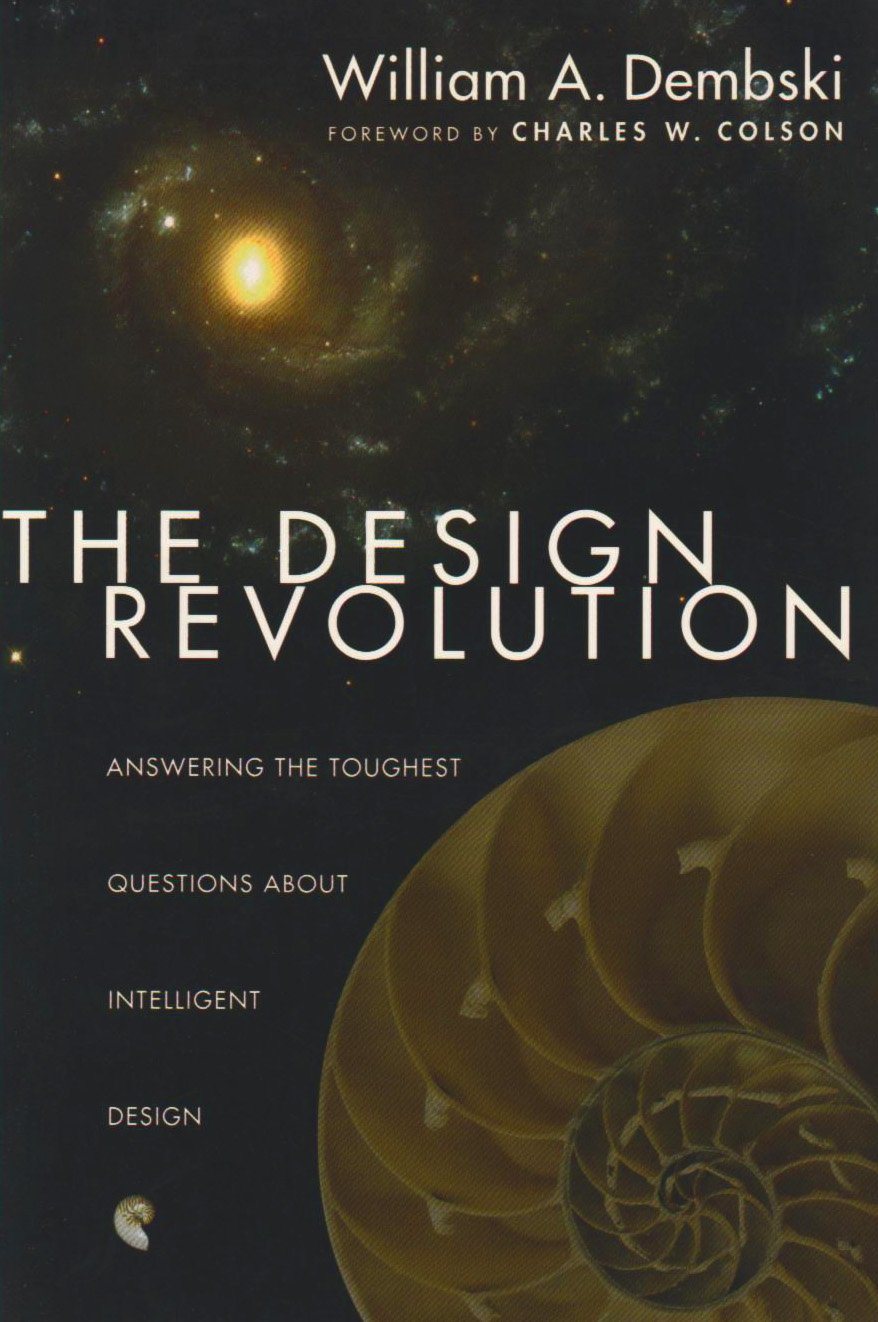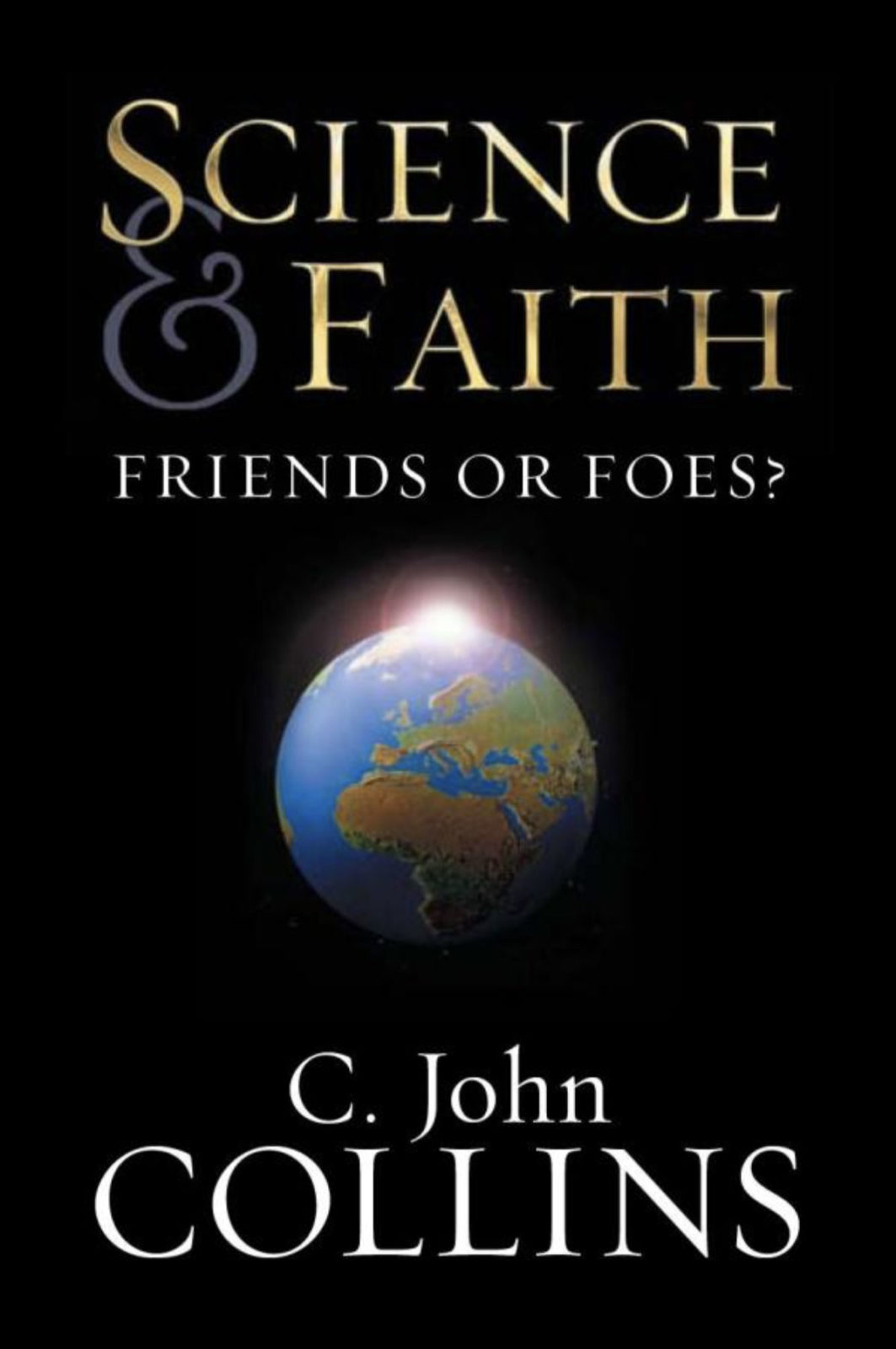1. Orr’s Premature Declaration of Victory
Allen Orr wrote an extended critical review (over 6000 words) of my book No Free Lunch for the Boston Review this summer. The Boston Review subsequently contacted me and asked for a 1000 word response. I wrote a response of that length focusing on what I took to be the fundamental flaw in Orr’s review (and indeed in Darwinian thinking generally, namely, conflating the realistically possible with the merely conceivable). What I didn’t know (though I should have expected it) is that Orr would have the last word and that the Boston Review would give him 1000 words to reply to my response (see the exchange in the current issue).
In his reply Orr takes me to task for not responding to the many particular objections he raised against my work in his original review, suggesting that this was the result of bewilderment on my part and intelligent design running out of steam and not, as was the case, for lack of space. This sort of rule-rigging by Orr and the Boston Review — give the respondent a little space, and then let the original author crow about winning — is to be expected. I actually find it encouraging, taking it as an indication of intelligent design’s progress. Orr’s review and follow-up hardly spell the death-knell for intelligent design or for my work in this area. Sooner or later (and probably sooner) Orr will find himself in a forum on intelligent design where the rules of engagement are not rigged in his favor. I look forward to his performance then.
Read More ›




